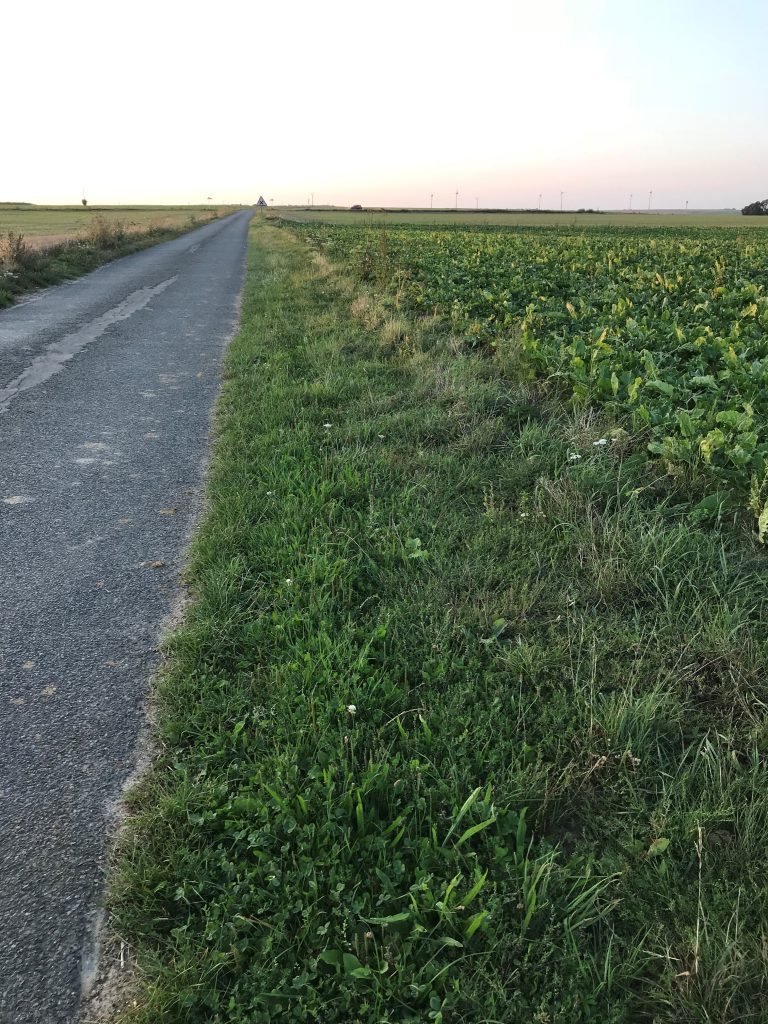By John Varley.
I am delighted to post the first blog on our refreshed website.
Firstly, the idea behind our new approach to the site has been to align it with our new 2030 Strategy. We can be seen by many observers as a complex countryside business and often misunderstood. I am keen to ensure that we showcase the remarkable things that the brilliant team at Clinton Devon Estates does, whilst also listening to and reflecting on what society asks from an organisation such as ours.
Professional land management and its stewardship lies at the heart of our business model. Those that own and manage land have a responsibility to give assurance that as they go about their legal business, they are working towards improving the environment for nature, natural processes and people and looking after their heritage and important assets.
With trends towards greater business transparency, our refreshed website hopefully provides a greater degree of openness for those wanting to know what we so. We are communicating to communities, interest groups and schools in new ways and remain open to doing more. In today’s connected world the issue is probably less about the quantity of information available and more about knowing how to process and understand it. Over the coming months we will endeavour to continue to engage and more importantly listen and respond to feedback.
I hope that in a small way this blog may help.
For the moment I will reflect briefly on a recent visit to the battlefields of France to visit the grave of my great uncle William who was killed on 29th August 1918 at the age of 18. Whilst I was walking over the battlefields I notice the field margin (photo below) – it stretched for many thousands of yards and appeared to be an ecological dessert. As I walked the field edge I received a photograph from Dr Sam Bridgewater, our Head of Conservation and Wildlife, showing a field margin from Clinton Farms Partnership. At Clinton Farms, as well as managing to improve outputs of organic milk, animal health and reduce risk from pollution they are taking direct action to improve the biodiversity of the farm – with a focus on pollinators. The result of planting field margins, beyond existing compliance requirements from government, with an appropriate mix of wild flowers was apparent from the survey undertaken and the photograph I received (also below). The Estate intends to introduce targeted outcomes for the environment as part of our innovative farming contract with our excellent farm partners, Velcourt.
As we leave the EU and establish a brand new agricultural policy it did not escape me that, in seeking to meet compliance with the policy, the standards being achieved by some farms in the UK is already well ahead of their continental neighbours.

